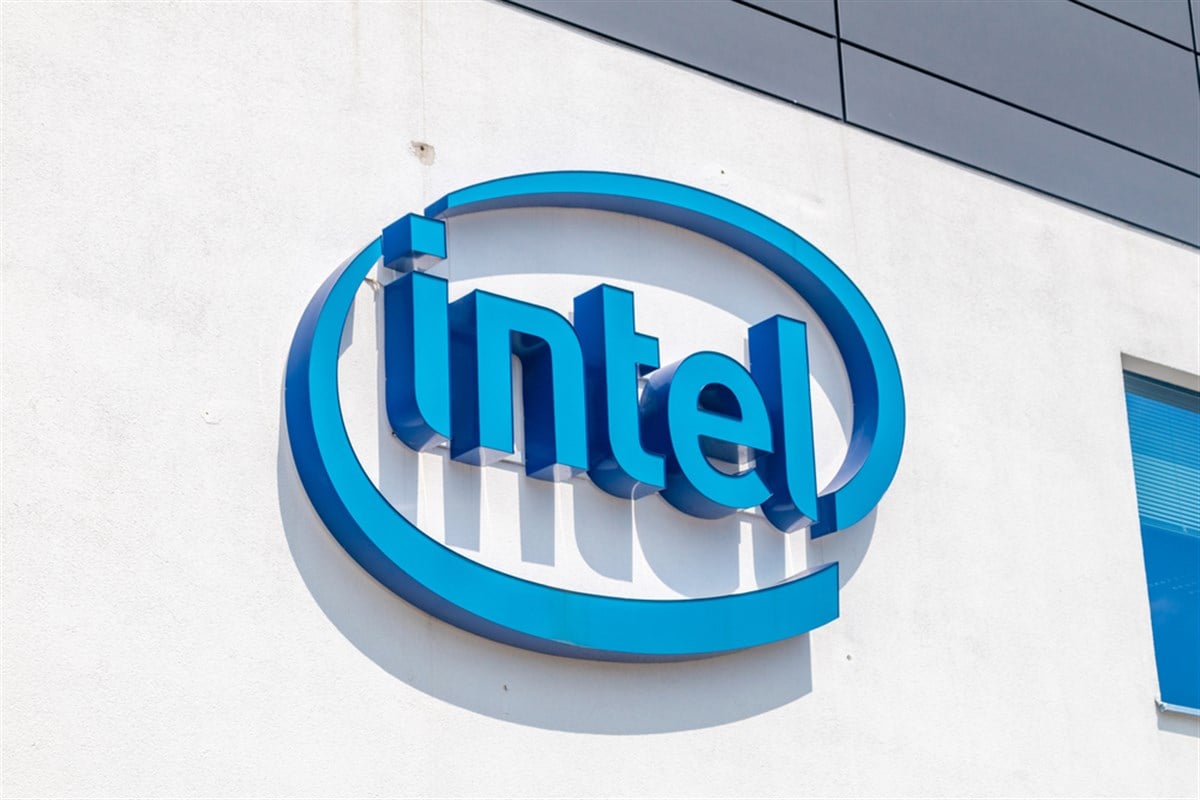
Shares of Intel (NASDAQ: INTC), one of the world's leading manufacturers of microchips and microchip-enabled products and services, recently broke below a significant consolidation and its 200-day Simple Moving Average (SMA). The considerable momentum shift and a recent negative catalyst have turned the once-bullish formation into a bearish trend with potential downside momentum.
Shares have slid close to 10% in the week following breaking news. On Tuesday, the company released financials for its semiconductor manufacturing division, revealing a $7 billion operating loss in 2023. This marked the first time Intel reported revenue separately for its foundry arm, which contrasted with the $11.3 billion operating income from its products business in 2023.
Despite the losses, Intel expects its foundry division to break even by 2027, with analysts noting the necessity of driving operating margins higher. While Cantor Fitzgerald maintained a neutral stance with a $50 price target, Stifel analysts expressed positivity toward Intel's strategic plans but reiterated a hold rating with a $45 target price. Due to Intel's multi-year execution cycle ahead, Stifel analysts favor nearer-term beneficiaries like NVDA and AMD.
As shares enter bear market territory on the year, down 20.94% year-to-date, and a bearish look on the chart, let’s take a closer look at Intel to see whether it's time to sell or time to double down.
Foundry Business Weighed Down By Bad Decisions
During an investor presentation, Intel's CEO Pat Gelsinger projected 2024 as the year with the most significant operating losses for the company's chipmaking business, with an expectation to break even operationally around 2027.
Gelsinger attributed the struggles of the foundry business to past decisions, including hesitance towards adopting extreme ultraviolet (EUV) machines from ASML, which are cost-effective despite their high initial investment. Intel's outsourcing of approximately 30% of wafer production to external manufacturers like TSMC, a figure they aim to reduce to around 20%, was partly due to these missteps.
The company has transitioned to EUV tools to enhance competitiveness, especially as older machines are phased out. Intel also announced plans to invest $100 billion in expanding chip factories across four U.S. states, banking on attracting external companies to utilize its manufacturing services as part of its turnaround strategy. This includes reporting manufacturing operations as a separate unit and significant investments to rival primary competitors like TSMC and Samsung Electronics.
Analysts Remain Neutral
Based on twenty-eight analyst ratings, Intel has a hold rating, which is in line with the consensus S&P 500 rating but worse than the moderate buy consensus rating for computer and technology companies. The consensus price target for INTC is $42.86, forecasting a close to 8% upside.
Following the news this week, several analysts took action on INTC. On April 3, Benchmark reiterated its rating for INTC as a buy along with its street-high price target of $62. That high forecast sees a potential 50% upside for shares of INTC. C. Muse from Cantor Fitzgerald reiterated his neutral rating on the same day, with a $50 price target, which sees almost 22% upside for the stock. Wedbush reiterated its neutral rating on April 3 and its price target of $40 for INTC, which is below the consensus and sees almost 9% downside for the stock at the time of the report date.
Institutions Continue to Buy
Over the previous twelve months, institutions have continued to purchase shares of Intel at a fast pace. Total institutional inflows for the last twelve months were $22.72 billion, compared to $8.61 billion in institutional outflows.
The net institutional flows were $14.09 billion, the most significant inflows into Intel shares in recent years. Significant inflows might influence Intel's price stability and indicate confidence from sophisticated investors. For those reasons, monitoring the institutional flows in the second quarter will be essential to note whether institutions are continuing to purchase Intel shares despite the losses experienced in their foundry business.













